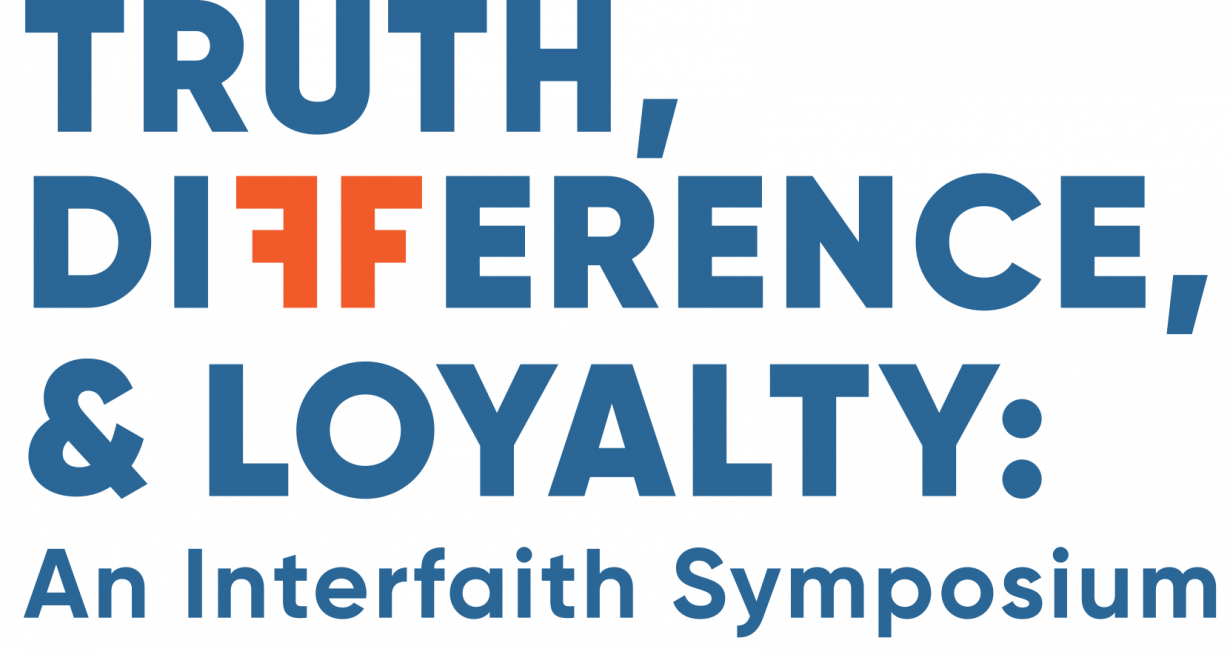

Why do some attempts at dialogue between people of different religious commitments succeed and others fail? What does it even mean for interfaith dialogue to be successful? In this session, Claire Sufrin considered two different approaches to dialogue; the first, from German-Jewish philosopher Martin Buber, looks at the significance of encountering others for our own self-development and self-understanding. The second, from Catholic theologian Catherine Cornille, focuses on the virtues we must develop before we can engage in interfaith dialogue. Together, they offer a compelling argument that interfaith dialogue can spur religious growth on both an individual and a communal level—and that such growth is the definition of success for interfaith dialogue.
This program was recorded during our interfaith symposium on Truth, Difference and Loyalty in February 2021.